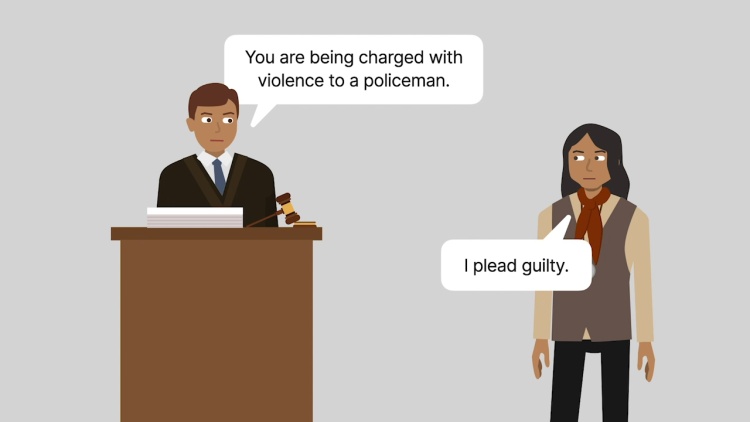United States v. Lara
United States Supreme Court
541 U.S. 193, 124 S.Ct. 1628, 158 L.E.2d 420 (2004)
- Written by Lauren Groth, JD
Facts
After the United States Supreme Court’s holding in Duro v. Reina, 495 U.S. 676 (1990), Congress passed legislation to allow Indian tribes to exercise criminal jurisdiction over all Indians, even those who were not members of their tribe. Lara (defendant), a member of the Turtle Mountain Band of Chippewa Indians, was prosecuted by the Spirit Lake Tribe under this legislation. After Lara’s tribal conviction, Lara was also charged in the United States District Court for the District of North Dakota with a federal crime for the same conduct. Lara contested the charges by arguing that a second conviction would violate the Constitution’s Double Jeopardy Clause. In response, the United States took the position that the United States and Spirit Lake Tribe were separate sovereigns and that the Double Jeopardy Clause would not bar convictions by both sovereigns. Lara contended that the congressional amendment delegated federal authority, thus rendering the Double Jeopardy Clause applicable to the federal prosecution, while the United States argued that the amendment merely extended the Spirit Lake Tribe’s inherent tribal authority. The trial court agreed with the government, as did a panel of the United States Court of Appeals for the Eighth Circuit. However, on en banc review, the Eighth Circuit reversed and determined that Congress’s extension of tribal criminal jurisdiction was derived from federal authority rather than tribal authority and, therefore, a second conviction would violate the Double Jeopardy Clause. The United States Supreme Court granted certiorari.
Rule of Law
Issue
Holding and Reasoning (Breyer, J.)
Concurrence (Stevens, J.)
Concurrence (Kennedy, J.)
Concurrence (Thomas, J.)
Dissent (Souter, J.)
What to do next…
Here's why 907,000 law students have relied on our case briefs:
- Written by law professors and practitioners, not other law students. 47,100 briefs, keyed to 996 casebooks. Top-notch customer support.
- The right amount of information, includes the facts, issues, rule of law, holding and reasoning, and any concurrences and dissents.
- Access in your classes, works on your mobile and tablet. Massive library of related video lessons and high quality multiple-choice questions.
- Easy to use, uniform format for every case brief. Written in plain English, not in legalese. Our briefs summarize and simplify; they don’t just repeat the court’s language.





